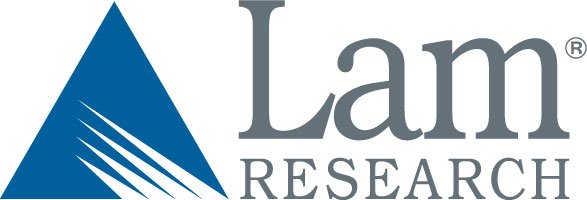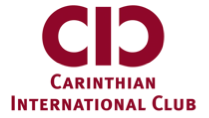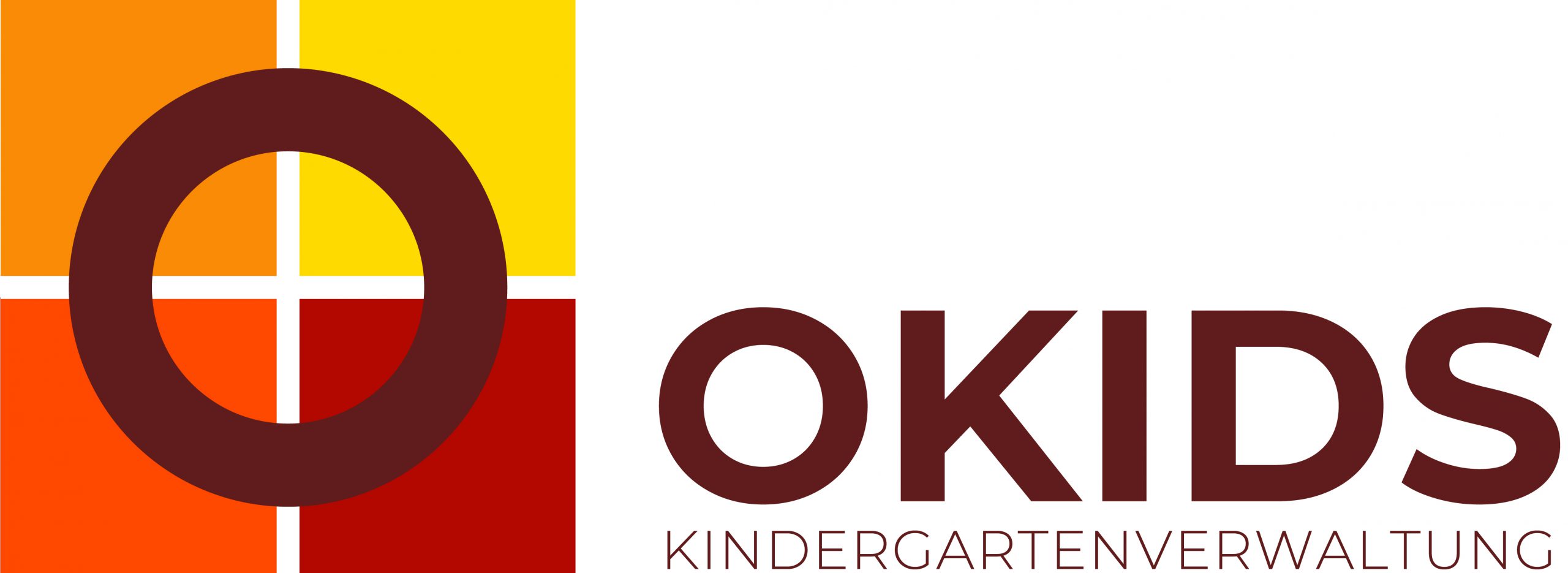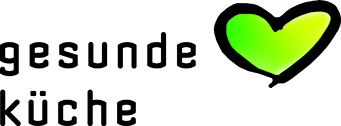Our view of a child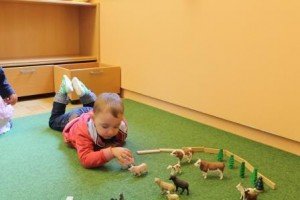
Regardless of their age, social and cultural background, their needs and learning potential, and development tempo, we see each child as:
- Competent, independent, unique, distinctive and creative individuals
- Designers of their own development and knowledge (they are active in the educational process)
- Curious and inquisitive personalities.
- Equal individuals, who have the right to be taken seriously and respected in their individuality.
- Right to have their own experiences and to be given enough space and time to try out different activities.
The object of the environment, it is not to mold a child, but to allow them to reveal themselves.
Maria Montessori
The aim of the educational work = Holistic competencies supported from the beginning!
The meaning of competences infers different skills and abilities, which a child requires, to meet the challenges that life gives them independently and confidently.
Competetent children are strong children!
Basic skills the children acquire with us:
Self competence: I can be me
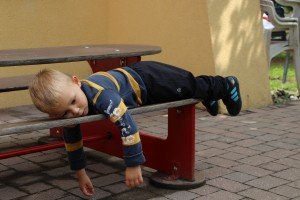
For us this means that the individuality and personality of each child is respected and that they are encouraged and assisted in their entirety. The children should develope a “I-can-do-it-attitude” in order to establish confidence in their own physical and mental abilities. We encourage the children to independently walk their own path and we assist them only as guidance and observers.
Social competence: Together I become strong
The group is an important learning and experience space. The basic needs – love, security, tolerance, appreciation, security e.t.c – are lived and experienced. We see the groups as places where every child, regardless of age, nationality, special needs and social position, can develop. Each child with us has the opportunity to build a trusting relationship with the teachers – their new caregivers. Through getting to know other children, the relationship diversity is demonstrated and experienced.
Expertise: Help me to do it myself
We encourage the children in their entirety and offer them various opportunities in the areas of language, movement, rhythm, music, artistic design, crafts, nature experiences, science, etc. The children develop their knowledge in various areas of life, theoretic and practical, in a playful way and through this they learn to act and make judgements.
The strengthening of these basic skills is a prerequisite for building learning method skills.
Learning methods skills: learning how to learn
Learning method skills is the basis of conscious knowledge and gaining competence. This enables the children to select various ways of learning and solution strategies. Here it’s about how we learn to strengthening the skills that foster the acquisition of knowledge.
In our daycare centers we support the children in developing an understanding of their own learning.
The encouraging of skills depends on the age of the children. The 1-3 year olds are supported in basic skills: technical, social and self-competence are in the foreground, this is intensified with our 3-6 year olds with learning the significance of different learning methods.
The role of educators – 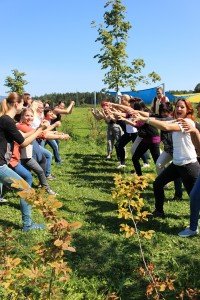 Development support instead of training
Development support instead of training
As educators, we are the companions and supporters of children. From the beginning we promote the independence of children, by giving them time and space, but also offering stimuli and suggestions, without under- or over-extending the child.
This means that we give the children confidence to find their own strength, and through this strength to make their own way and find their own solutions. The children should have the opportunity to walk through their life active, confident and self-determined.





